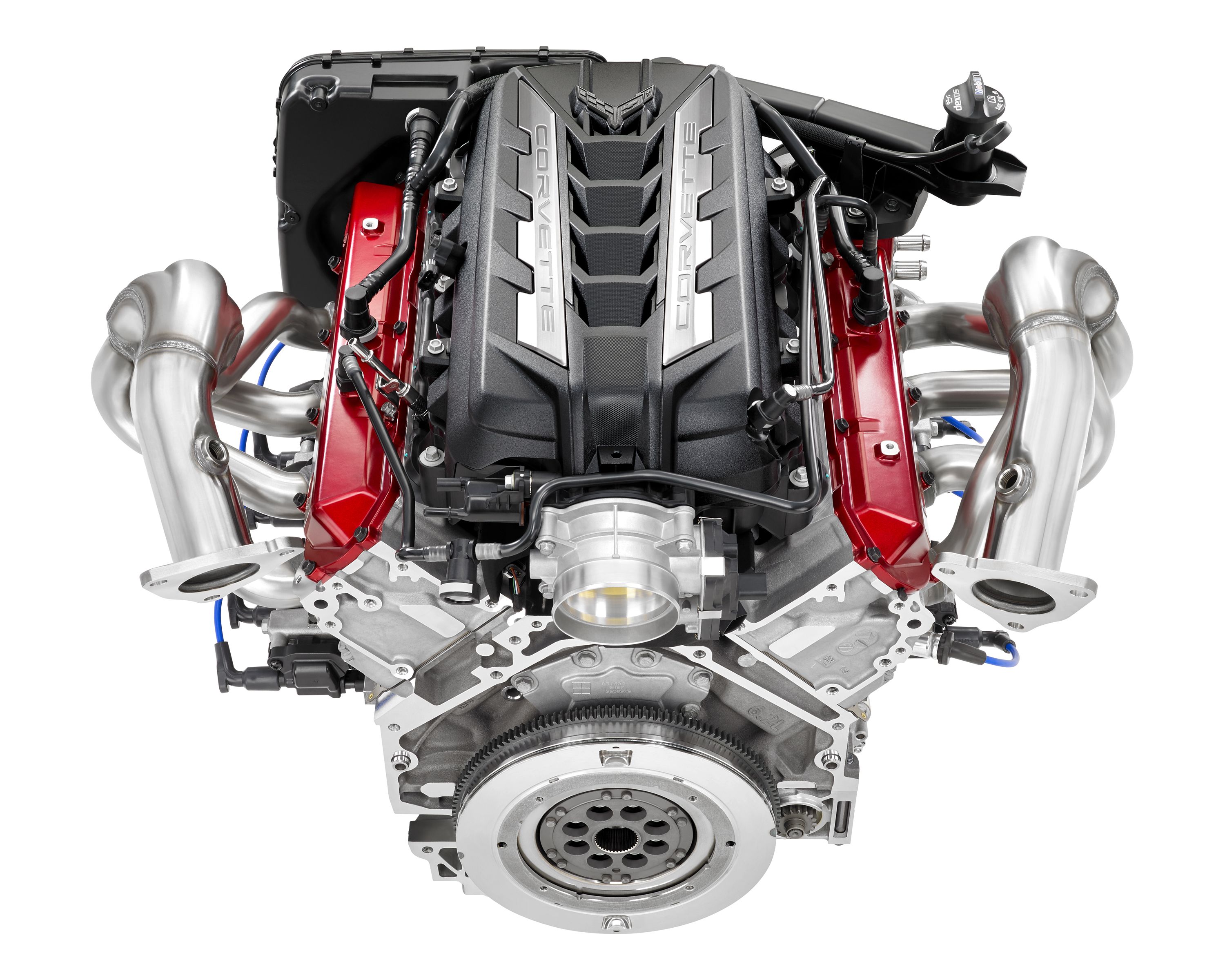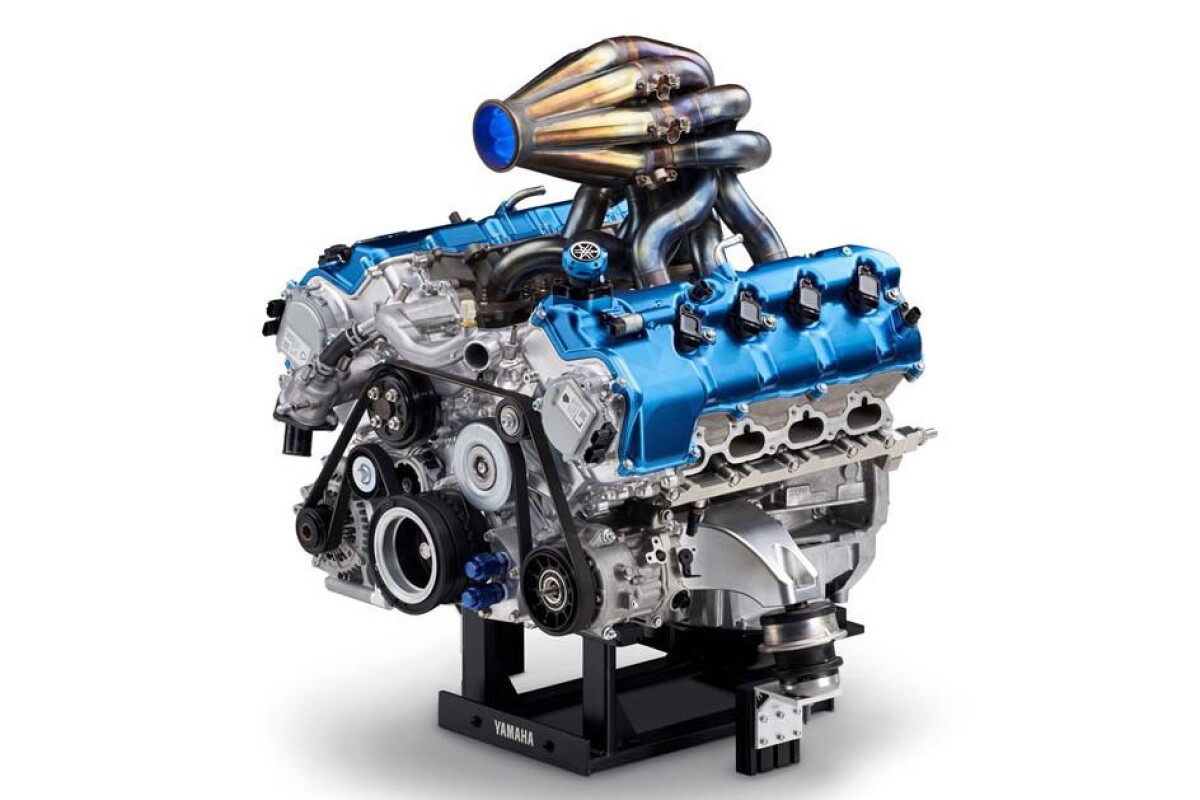How to Source Affordable Solutions from Engines For Africa
How to Source Affordable Solutions from Engines For Africa
Blog Article
A Full Guide to Picking the Right Engine for Your Project
Choosing the appropriate engine for your job is a vital choice that can significantly affect its total success. It is critical to thoroughly specify your task needs, assess efficiency needs, and consider user-friendliness alongside other vital variables. Additionally, comprehending the area assistance readily available and scrutinizing expense implications can even more refine your selection. Each of these aspects plays a pivotal role in making sure that your picked engine not just fulfills prompt purposes yet additionally straightens with lasting desires. As we discover these factors to consider, you might locate that the nuances of each aspect reveal greater than initially anticipated.
Define Your Task Demands
Specifying your job needs is a critical step in choosing the ideal engine for successful implementation. A detailed understanding of your project's goals will certainly direct you in determining the features and capabilities required from an engine. Begin by describing the extent of your task, including the desired performance, target market, and the specific outcomes you aim to accomplish.
Following, take into consideration the technical requirements that line up with your job objectives. This consists of evaluating the compatibility of the engine with existing systems, as well as the programming languages and frameworks that will be used. Furthermore, examine the degree of scalability called for to accommodate future growth or modifications sought after.
Spending plan restraints also play a vital role in defining your project needs. Establish a clear monetary structure to guide your decision-making process, making sure that the engine chosen fits within your budget plan while offering the required functionality.
Evaluate Performance Needs

Engines that sustain straight scaling are commonly better for bigger applications. Furthermore, assess the engine's efficiency under various conditions, such as peak usage circumstances, to guarantee it satisfies your reliability standards.
Think About Ease of Usage
While technological specs are important, the ease of usage of an engine can substantially impact the development procedure and overall task success. An instinctive interface, clear documentation, and structured workflows can significantly lower the knowing contour for programmers, allowing them to concentrate on imagination and problem-solving instead of coming to grips with complex devices.
When assessing an engine's convenience of use, consider the onboarding experience. A well-structured intro, complete with tutorials and sample tasks, can assist in a smoother transition for brand-new users. Furthermore, the quality and comprehensiveness of the engine's paperwork play a vital duty; extensive overviews and API recommendations can equip programmers to troubleshoot and apply features effectively.
Another element to take into consideration is the engine's customization abilities. An engine that permits for easy adjustments can be extra user-friendly, as designers can customize it to fit their specific requirements without considerable inconvenience. Last but not least, assess the process combination with devices and systems you already make use of. A cohesive ecological community can improve efficiency and lower rubbing throughout the growth procedure. Ultimately, choosing an engine that prioritizes ease of use can result in a much more effective and delightful growth experience.
Assess Neighborhood and Support
The strength of an engine's area and assistance network can considerably affect a designer's experience and success. A dynamic community often shows a wide range of shared knowledge, sources, and fixing support that can enhance your task's advancement process. When analyzing an engine, think about the size and task level of its community. Bigger communities generally supply a lot more online forums, tutorials, and third-party plugins, allowing programmers to discover remedies more effectively.
Additionally, examine the this website availability of main assistance channels. Reliable paperwork, receptive client assistance, and regular updates are necessary for attending to technological issues and maintaining your project on the right track. Engines For Africa. Energetic communities likewise cultivate collaboration, supplying possibilities for networking and feedback, which can be very useful, particularly for little groups or independent programmers
Additionally, check out the visibility of community-run events, such as meetups or hackathons. These events can improve your understanding of the engine while attaching you with skilled individuals and prospective partners. In summary, a robust neighborhood and support group not just simplify growth however additionally create an environment for finding out and innovation, ultimately enhancing the possibility of your job's success.
Compare Expense and Licensing Choices
Budget plan considerations play a critical duty in picking the appropriate engine for your task, as the price and licensing alternatives can dramatically influence both temporary costs and long-lasting practicality. Engines For Africa. Different engines provide varying pricing frameworks, which can consist of one-time purchase fees, registration versions, or revenue-sharing arrangements based upon your job's profits

Licensing options also differ significantly. Some engines are open-source, offering adaptability and community-driven assistance, while others might need proprietary licenses that restrict use and circulation. Comprehending the implications of each licensing version is important, as it impacts ownership civil liberties, future scalability, and possible lawful responsibilities.
Conclusion
To navigate to these guys conclude, picking the proper engine for a project demands a thorough analysis of specified job needs, efficiency demands, ease of usage, community assistance, and expense considerations. By methodically attending to these crucial factors, decision-makers can make sure positioning with both future and existing job needs. A knowledgeable choice inevitably enhances the chance of job success, making it possible for efficient source allowance and optimizing prospective end results within the specified monetary constraints.
Choosing the ideal engine for your project is an essential decision that can dramatically impact its general success.Specifying your project requires is a crucial step in picking the appropriate engine for successful execution. An extensive Recommended Site understanding of your task's purposes will assist you in recognizing the capabilities and attributes called for from an engine.Once you have a clear understanding of your job requires, the following step is to assess the performance demands of the engine.In verdict, selecting the suitable engine for a job requires a detailed evaluation of defined job requirements, efficiency demands, convenience of usage, area assistance, and price factors to consider.
Report this page